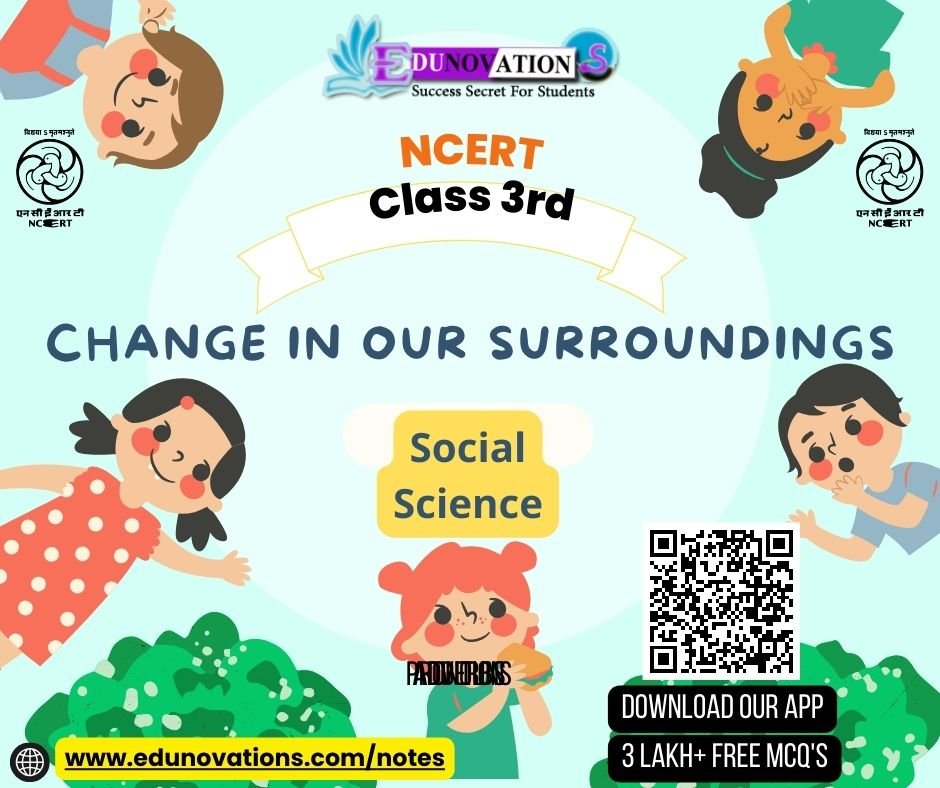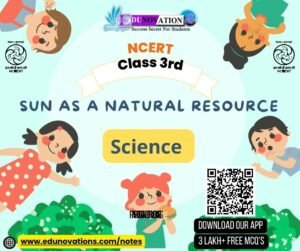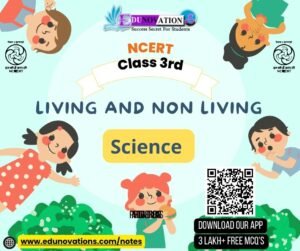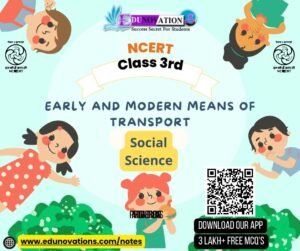NCERT Class 3 Social Science MCQ : Change In Our Surroundings
Uncover the secrets of the dynamic world around us with our “Change in Our Surroundings MCQs” page. This comprehensive resource features multiple-choice questions (MCQs) meticulously sourced from previous year papers across various sectors, including the prestigious UPSC IAS exams. Whether you’re a competitive exam aspirant or simply eager to deepen your understanding of the ever-changing environment, this resource is your gateway to exploring the fascinating science of transformations.
Key Features:
- Real Exam Insights: Practice with MCQs extracted from past year papers, replicating the authentic exam experience and enhancing your preparation for the real assessments.
- Comprehensive Coverage: Our MCQs encompass a wide spectrum of topics related to changes in our surroundings, offering a solid foundation in this fundamental aspect of science.
- Versatile Exam Preparation: Tailored for UPSC IAS and a multitude of competitive exams, our resource caters to a broad range of sectors, making it an all-encompassing study tool.
- Scientific Understanding: Enhance your knowledge of the forces and processes that shape our surroundings, empowering you to tackle science-related questions with confidence.
- User-Friendly Interface: Our MCQ platform ensures easy navigation for a seamless and productive practice session.
- Immediate Feedback: Receive instant scoring and detailed explanations for each question, fostering continuous learning.
- Progress Tracking: Monitor your performance, identify areas for improvement, and optimize your scientific knowledge for exam success.
Prepare with confidence for your upcoming exams by diving into the science of “Change in Our Surroundings.” Embark on your practice journey today and deepen your understanding of the evolving world around us.
NCERT Class 3 Social Science : Change In Our Surroundings MCQ – NCERT Class 3 MCQ
Question:
People who live together in the same house make up a
Question:
The mother’s parents are called
Question:
Small families are known as
Question:
The children of one’s uncle or aunt are called
Question:
If any member expires, the size of family becomes
Question:
The family in which children live either with their mother or their father is known as
Question:
Our father and mother are our
Question:
Our father’s brother and sister are our
Question:
We keep in touch with our relatives by
Question:
We meet during our extended family on special family occasions and
Question:
When a new baby arrives in a family the size of family gets
Question:
Family members celebrate birthdays and festivals
Question:
A cluster of family living in houses located near one another make a
Question:
A neighbour hood has
Question:
Both men and women do
Question:
Boys and girls should _______ each other.
Question:
We may stay in neighbourhood for
Question:
Kalpana Chawla was a / an
Question:
Adjusting to new situation is called
Question:
Husband and wife are called
Some Important Links








